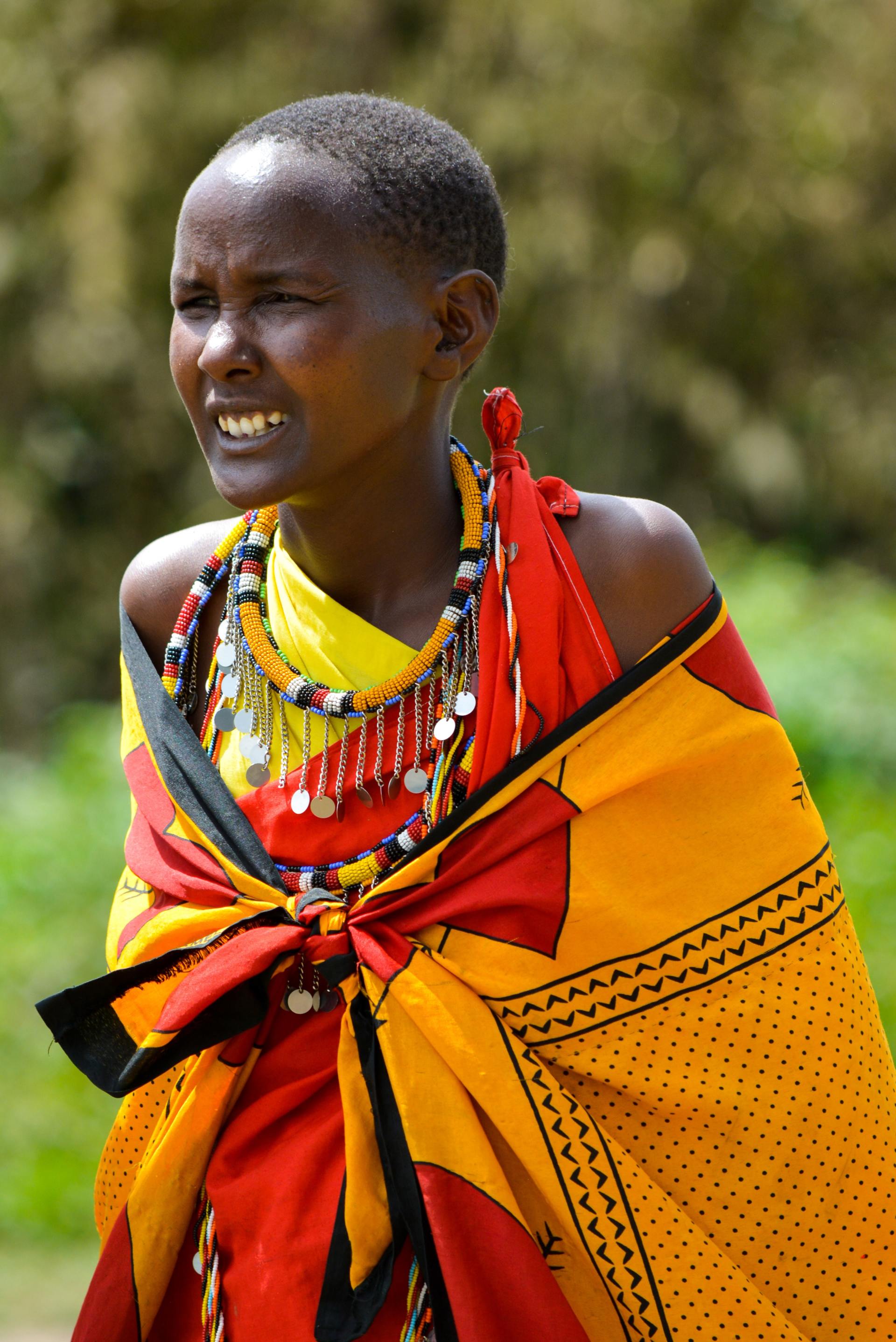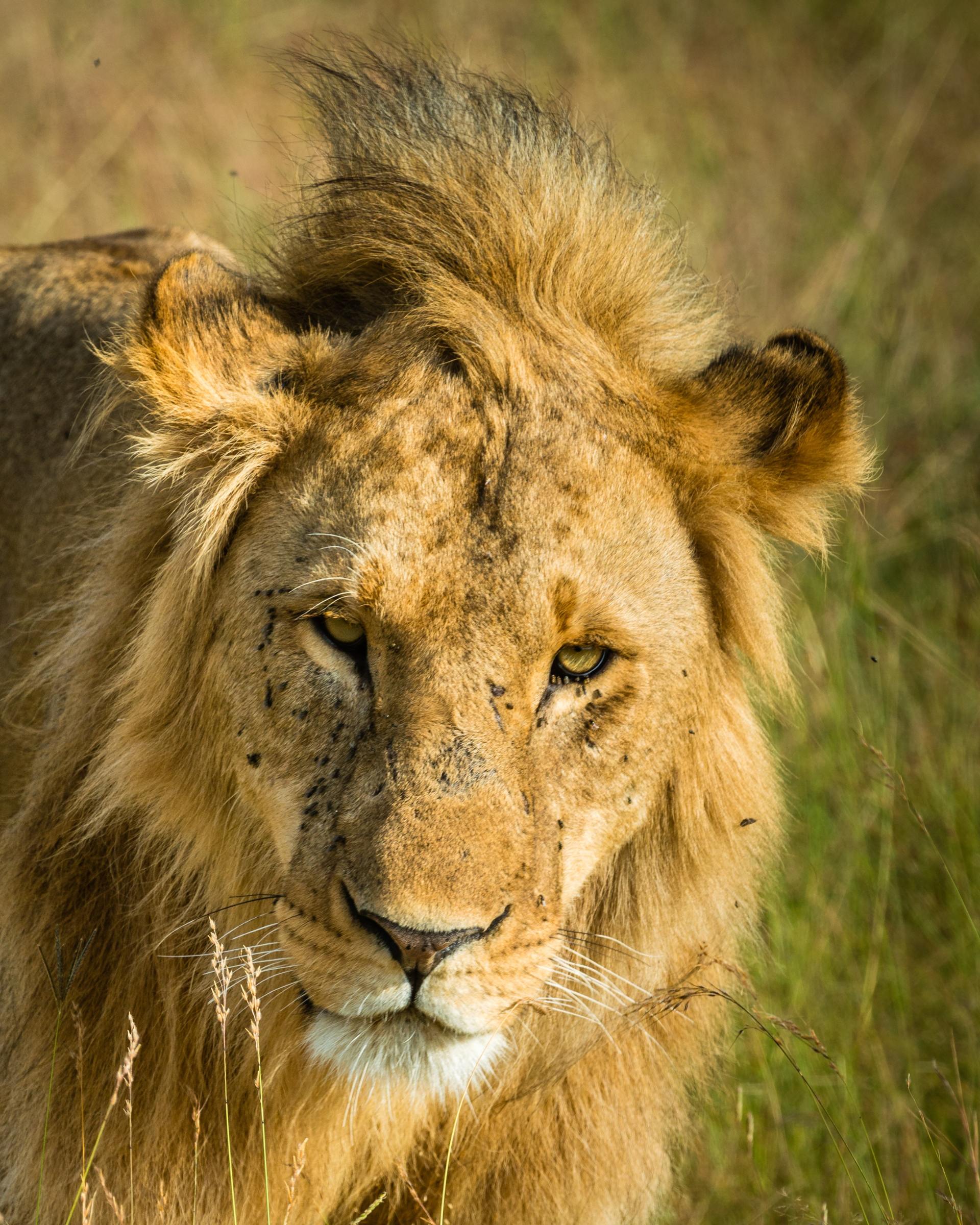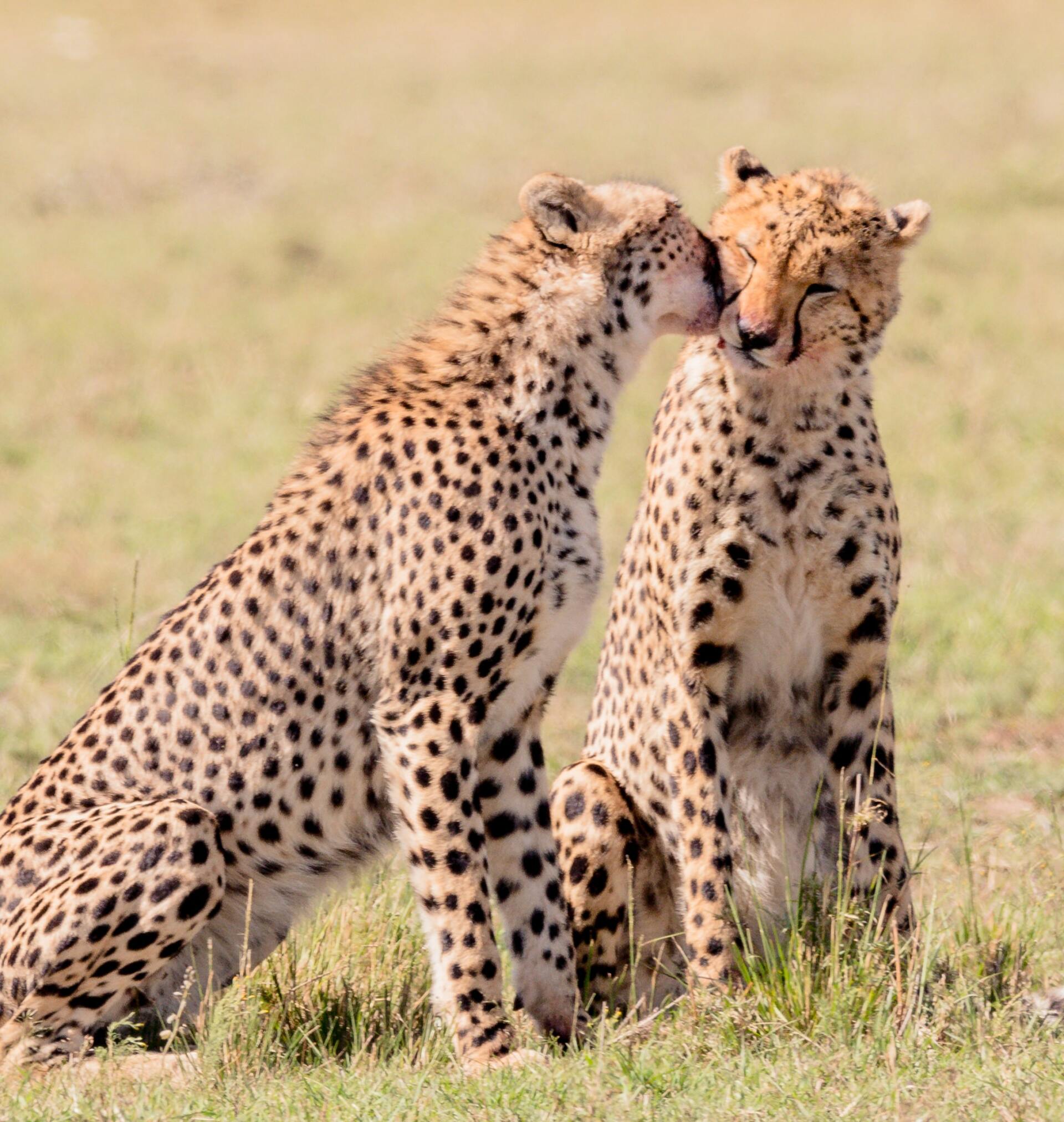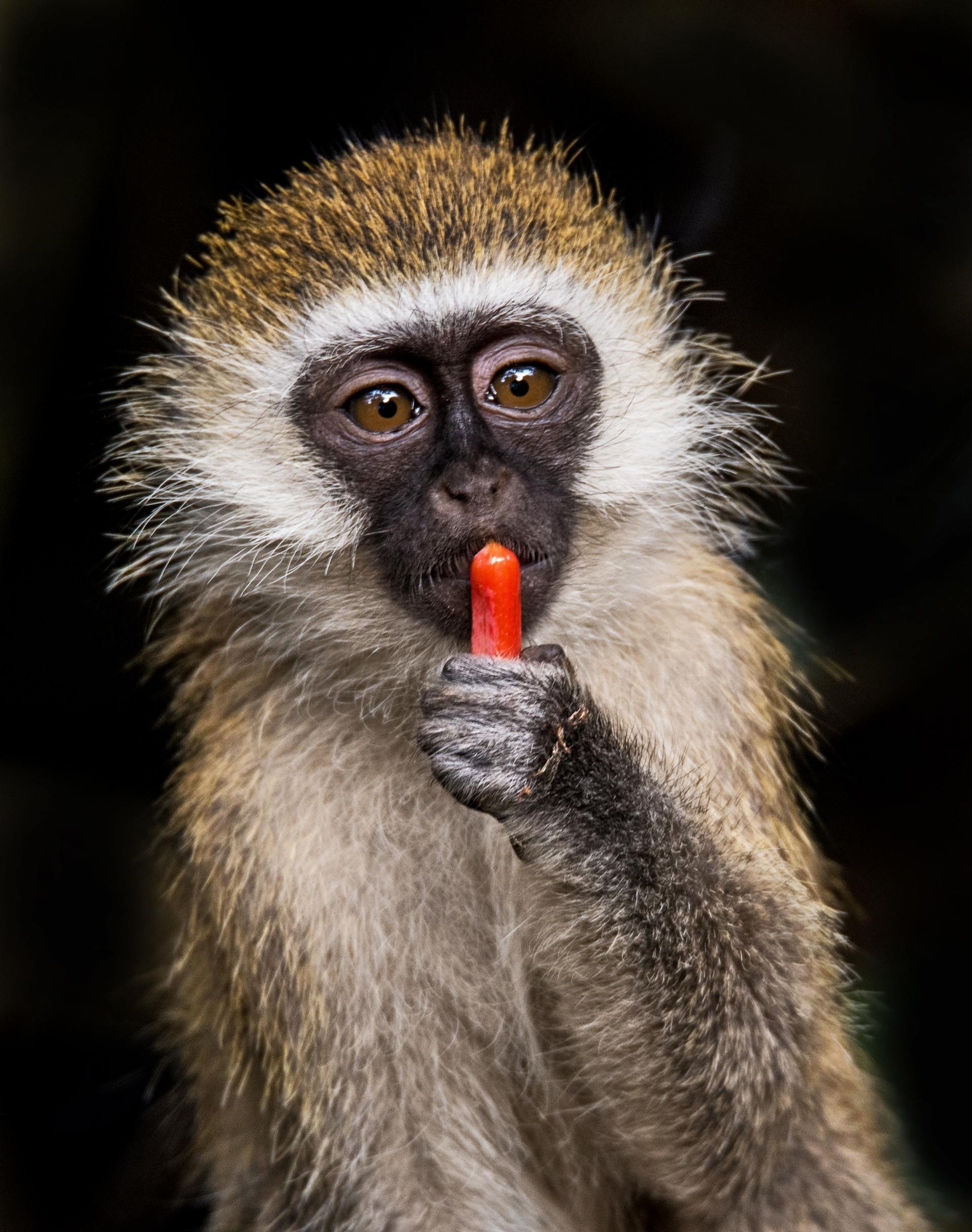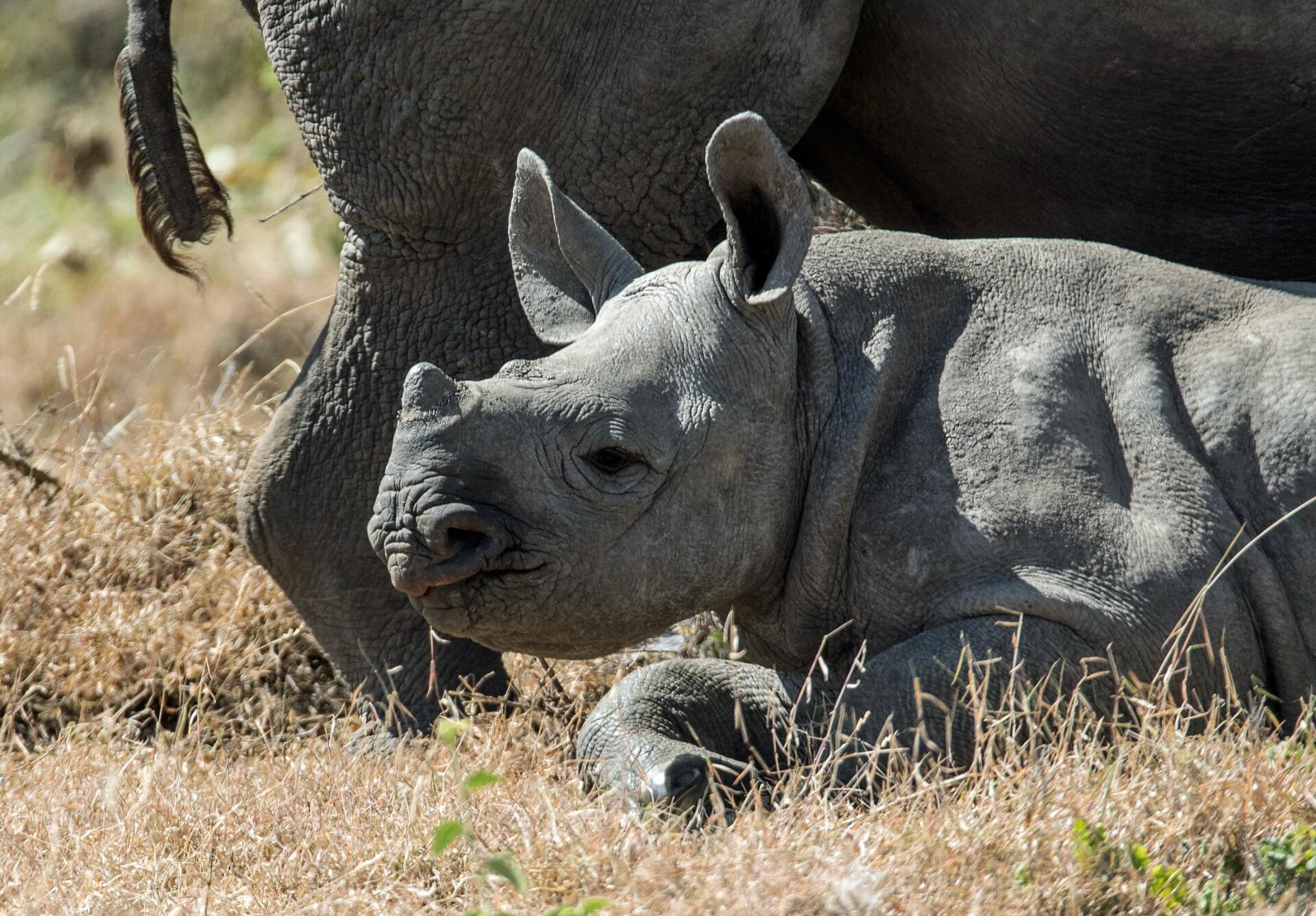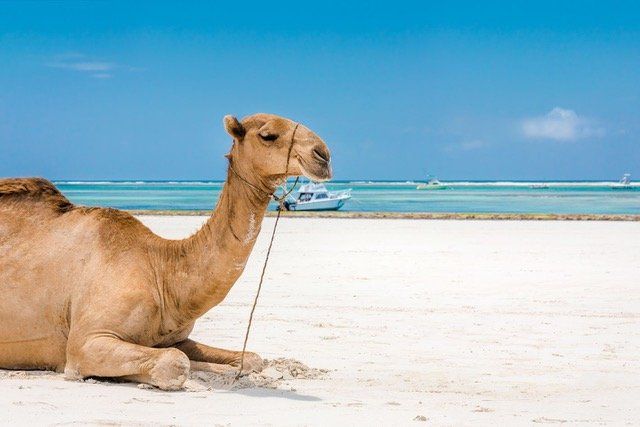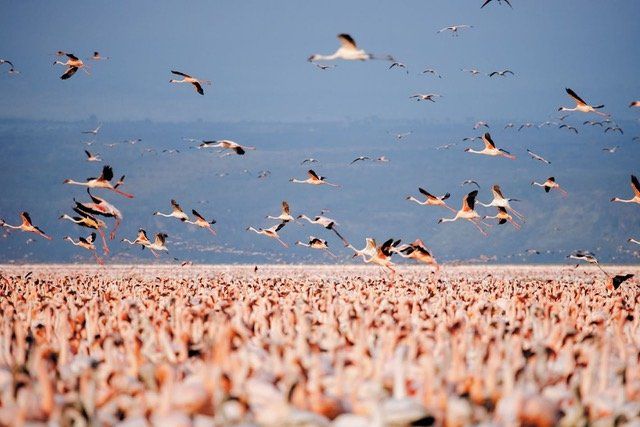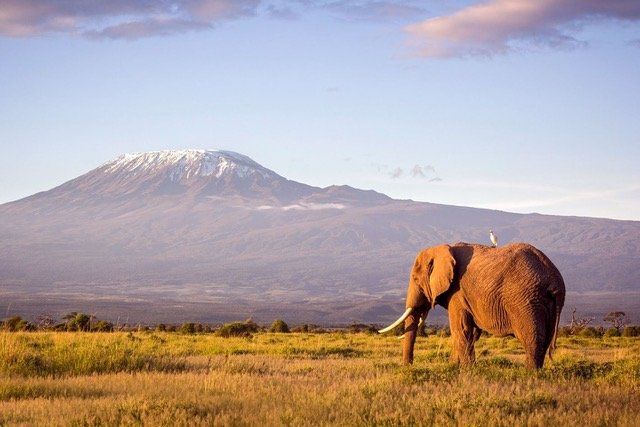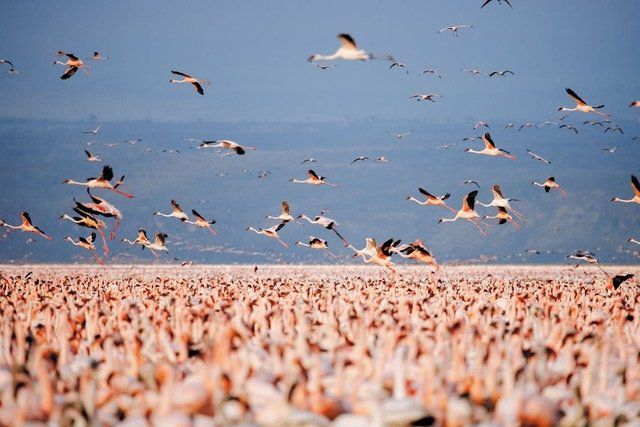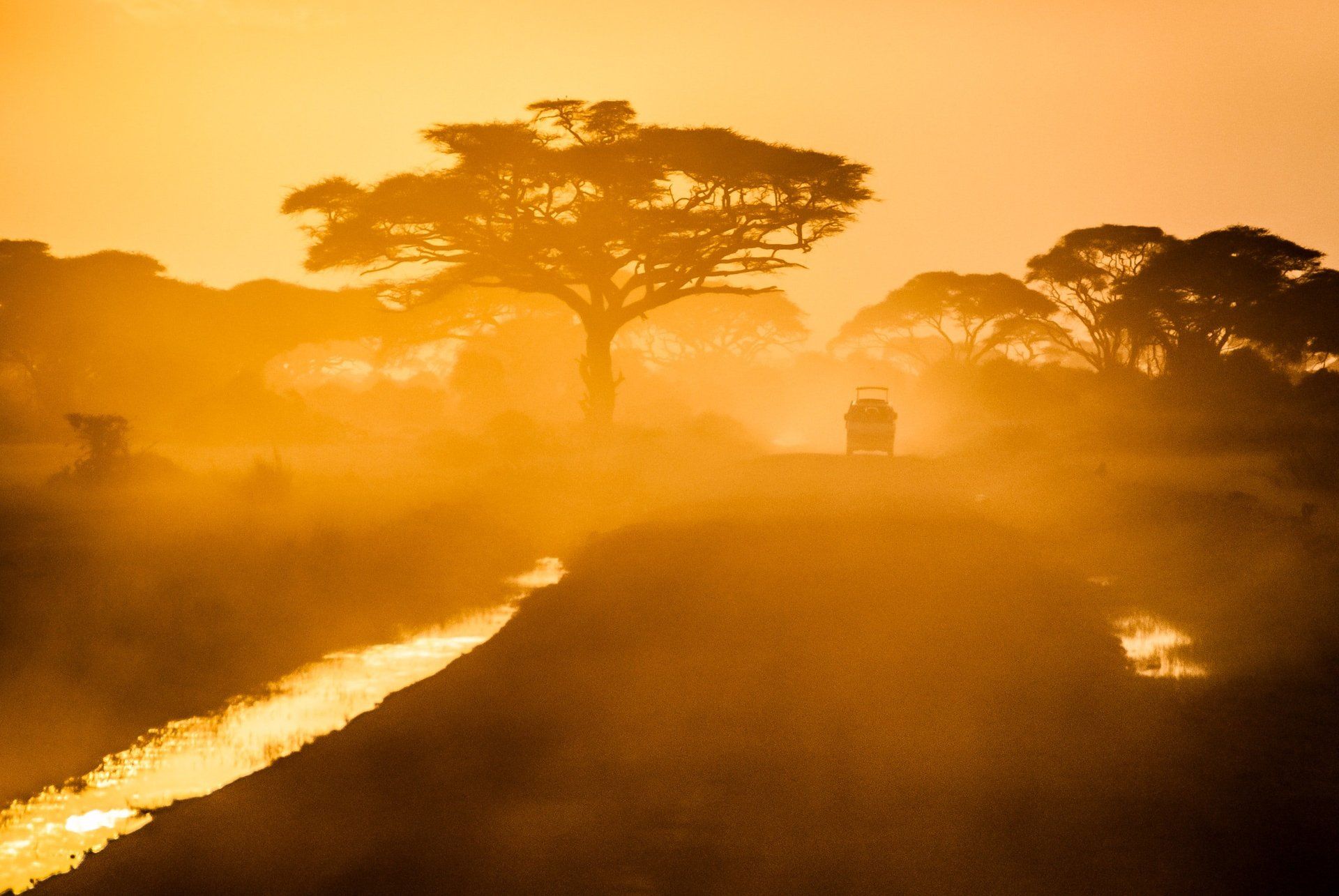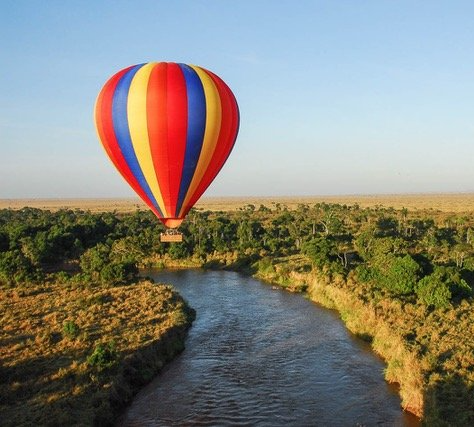Due to its position straddling the equator, Kenya has an extremely temperate climate. Day temperatures barely fluctuate and range from 21°C to 25°C / 70°F - 77°F degrees any time of the year. Naturally, this is dependent on elevation and Nairobi, up at 1660m, can have cool nights at 5°C, even though daytime temperature are lovely.
Nevertheless, each of Kenya’s beautiful parks has its own very distinctive seasonal highlights, which we discuss in depth in the regional tabs. However, for a quick overview, read below for the best time to go to Kenya.
Winter (June - September): The best time to go to Kenya is during the dry season from June to September. Winter is typically the dry season in most of Africa and Kenya is no exception. Days are sunny with clear blue skies and daytime temperatures remain very mild. We do, however, recommend you pack warm clothes for your safari game drives, as dawn and dusk – when you do the majority of our drives – are when you will notice the cold the most.
If you wish to witness the famed wildebeest migration, we recommend you plan your stay towards August or beginning of September, where the spectacular wildebeest river crossings take place. The East Coast and islands like Lamu and Funzi enjoy sunny and warm winter days, perfect for the ultimate beach holiday.
Summer (January - March): January to March are the true summer months and our second favourite time to go to Kenya. The average temperatures are around 25°C / 77°F, and rain is extremely rare. Summer is a favourite season for many safari and beach goers and a great alternative to winter for a beautiful beach and bush combo adventure. This is also a great time to go if you’re dreaming of swimming alongside gargantuan whale sharks.
Spring (November - December): Spring is typically the season of the short rains in Kenya. Rain is mostly contained to short late afternoon showers, so this does not truly impact your game viewing while on safari. Spring is a pleasant time at the coast as well, but if the beach stay is your imagined highlight, we recommend one of the drier seasons instead. Having said that, if you have always dreamed of an East African safari but you are on a tighter budget, spring would be our top recommendation. Rates are seasonal and spring offers very attractive rates and less tourists coupled with an incredible experience.
Autumn (April - May): At The Travel Cafe, autumn is our least favourite time for a visit to Kenya as it brings the long rains. While of course these rains are bitterly needed for both the flora and fauna to flourish, they will interfere with your safari and severely limit your enjoyment. The coast and island experience a monsoon season and many establishments close for the rainy season. If at all possible, we would recommend to rather avoid these two months.




